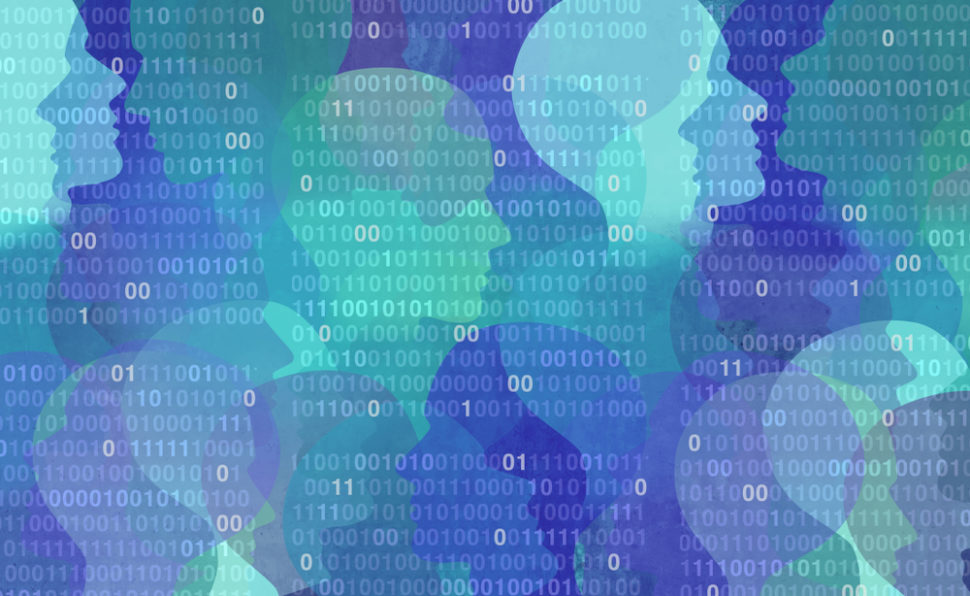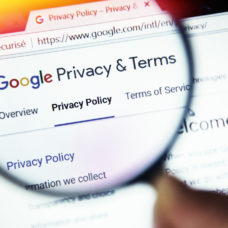With so many issues surrounding data privacy, it’s normal to want to protect yourself.
So rather than leave your information on Facebook or Twitter for advertisers to harvest, you did what you thought was best. You closed all your social media accounts, even better — you didn’t even create one.
Your online privacy should be guaranteed as long as you’re not on a social media platform, right? Unfortunately, that’s no longer the case.
According to a new study, online privacy is like a second-hand smoke that’s entirely out of your control. Let’s start from the beginning.
Researchers from two colleges, the University of Vermont and the University of Adelaide, collected over thirty million tweets from 13,905 Twitter users. With this, the analysts could predict the individual’s Twitter feed accurately using about eight to nine messages from an individual’s contact.
The study also shows that if a person leaves a social media platform or never joined, it’s still possible to get as much as 95 percent predictive accuracy from their friend’s online posts.
According to lead researcher James Bagrow, when you signed up for Facebook or Twitter, you not only gave up your data, but your friends’ as well.
Implication Of The Research
Based on the findings from the research, total data privacy may be an illusion in a highly networked society. As long as your preferences and identity remain in the network, your data is not safe.
In theory, organizations and governments can accurately profile a person that never joined social media by analyzing their friends’ data.
“You alone don’t control your privacy on social media, your friends have a say too,” said Bagrow
While the flow of information on social media is essential for branding, protest movements, and national elections, it also allows us to reveal a lot about ourselves and our friends.
Before now, scientists could not determine the limit to how much they can predict with the social media data.
However, the tweet analysis enabled them to establish a mathematical upper limit on how much predictive information they could collect.
It doesn’t matter if the person being profiled has no social media account. As long as he or she has a friend on Twitter or Facebook, the predictive limit remains unchanged.



















Comments (0)
Most Recent